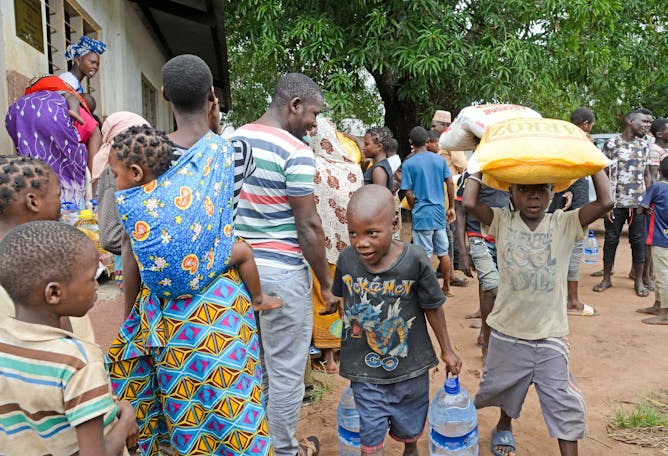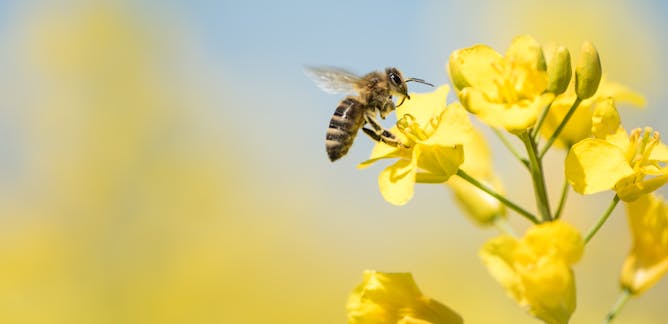|
Poverty is generally measured by income. In its global comparisons, the World Bank has adopted US$1.90 a day as the poverty line. So, people with daily real incomes below this amount form part of the global poor. But Sam Jones and Inge Tvedten, drawing on lessons from their research in Mozambique, argue that viewing poverty only through an income lens could distract attention from the underlying structural causes and the diverse experiences of the poor.
In South Africa the emotive issues of land ownership and reform are mainly framed as demands by the majority black population to reclaim rights stolen during centuries of colonisation and apartheid. But this rather simplistic conception overlooks conflicts over land ownership between traditional leaders and communities which were fueled by white minority interests. Jill E. Kelly reflects on the legacy of the chief who saw through the oppressors’ divide-and-rule tactics and remained loyal to the democratic principle enshrined in the isiZulu proverb that says ‘a chief is a chief through his people’.
|

Mozambique uses income as a measure of poverty. On this basis, poverty has declined over the past two decades.
ANTONIO SILVA/epa
Sam Jones, United Nations University; Inge Tvedten, Chr. Michelsen Institute
Income is a useful measure for tracking economic progress over time. But a broader lens is needed to understand the relational and often political ways in which poverty emerges and is reproduced.
|

Inkosi Mhlabunzima Maphumulo, right, with Dali Mpofu and Winnie Mandela in 1989.
Thobekile Maphumulo Family Papers, Author provided (No reuse)
Jill E. Kelly, Southern Methodist University
Colonialism and apartheid sought to make traditional leaders accountable to white officials by tying them to land.
|
Politics + Society
|

Ahmet T. Kuru, San Diego State University
A few years ago, Egypt's Muslim Brotherhood and Turkey's Gulenists were running the show. Now both religious movements face political repression. How did they fall so far, so fast?
| |

Alison Gillwald, University of Cape Town
Even a cursory glance at earlier industrial revolutions will show that they have not been associated with the interests of the working or underclasses.
|
|
|
From our international editions
|

Deborah Madden, University of Manchester
A trial echoing the la Manada gang-rape case is being heard as an incident of 'sexual abuse'.
| |

Philip Donkersley, Lancaster University
It's unlikely that all species of bees will go extinct anytime soon – but current losses could still have a terrible impact on food supplies and ecosystems.
|

Rizwan Nawaz, University of Leeds; Adel Sharif, University of Surrey
Fossil fuels are heating the atmosphere – but the fact that we're burning them may not be the only reason.
| |

Tom Webb, University of Portsmouth
Technology in sport is a constant source of controversy as players and officials struggle to keep up.
|
|
|
En français
|

Louise Gentle, Nottingham Trent University; Nicholas Ray, Nottingham Trent University
Originaire du Pacifique Sud et de l’océan Indien, le poisson-lion a désormais élu domicile dans d’autres régions du monde. En Mer méditerranée, ce prédateur redoutable dévaste les écosystèmes marins.
| |

L.F. Carver, Queen's University, Ontario
Les gouvernements doivent penser aux relations des personnes âgées avec les animaux de compagnie lorsqu'ils planifient l'aide aux personnes âgées et la gestion des catastrophes.
|
|
|